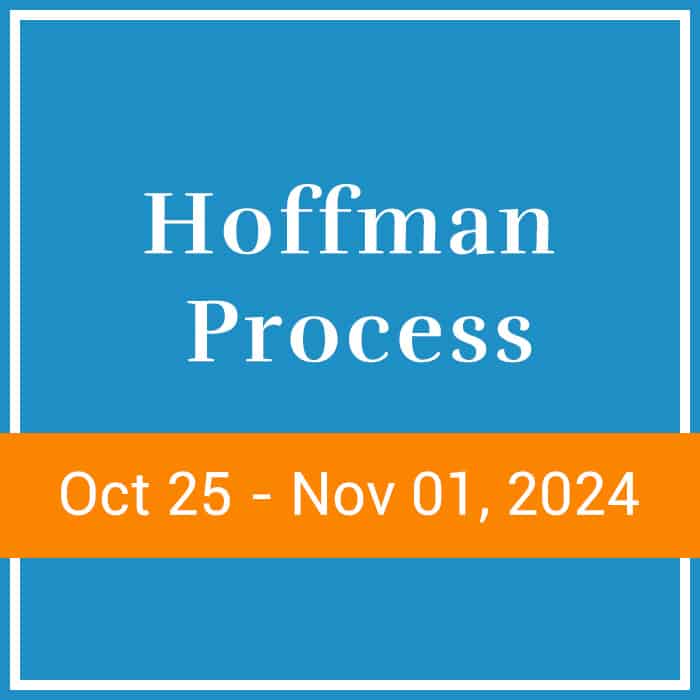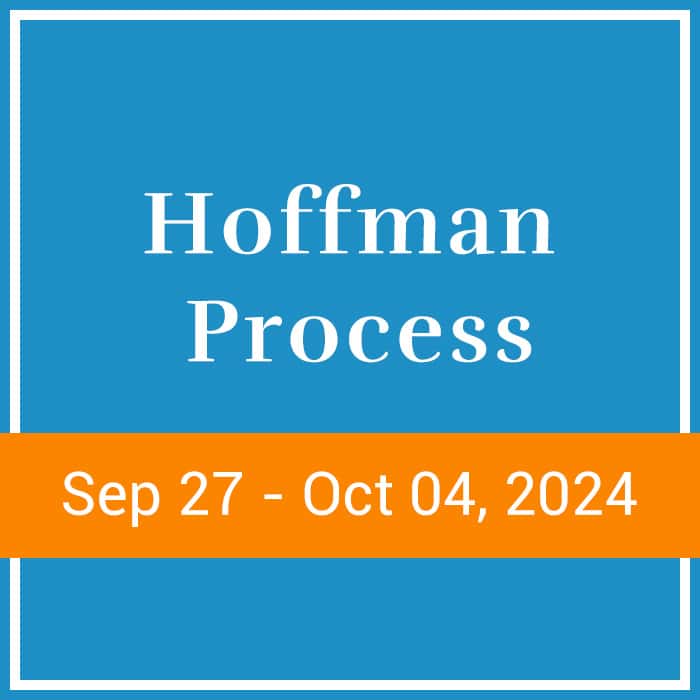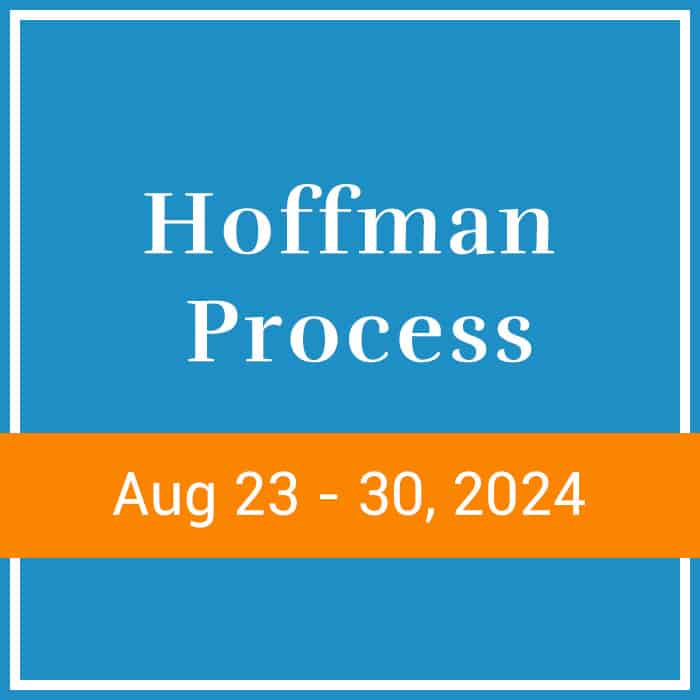If the thought of asking others for help scares you, you’re not alone. Recent research from Stanford found that people are afraid to ask for help because they don’t want to appear incompetent, weak, or inferior. This belief can be planted as young as seven years old. However, numerous studies show people actually WANT to help. They find the feeling of helping others enjoyable. How can we overcome this disconnect?
Here are a few ways:
Feel Your Feelings
Both children and adults need help from others when we are faced with a situation that is beyond our capacity or capability. If we are not able to ask for help, we will experience an increased level of fear and anxiety. Many of us try to run from these feelings, but the first step in overcoming uncomfortable feelings is to feel them completely. You can take this a step further and name your feelings: I feel scared, I feel inferior, I feel incompetent.
Re-embrace your vulnerability
In the Hoffman Process, participants are encouraged to re-embrace their vulnerability. Instead of being viewed as a weakness, vulnerability is reframed as a strength. Consider this analogy: A lobster can only grow if it sheds its hard shell and takes the risk of being only protected by a soft shell. And this happens as many as 25 times during the first six to seven years of its life, proving it is an essential part of its growth. When we accept our own limitations with grace, we can ask others for help as a key component to our own growth.
Besides not getting the help we need, another downside to not being vulnerable is that it can make us appear demanding when we do ask for help. In efforts to hide what we perceive to be our own incompetence or inferiority, we might seek support by making a demand. This leads others to feel frustrated and resentful. But when you embrace your vulnerability, demands become requests, to which the other person is likely to feel honoured they’re being asked.
Connect with your emotional child
The Hoffman Process’s Quadrinity Model offers a conceptual framework to help us understand our human behaviours. The personality structure is explained as the interplay between the intellect and the emotional child that lives within each of us. The intellect operates as the strategist of the emotional child’s defense system. During the Process, participants heal the wounds of the emotional child. Instead of being stuck in old patterns that tell them to please, withdraw, or attack others, they begin to see themselves as equal to others. Along with re-embracing their vulnerability, they also get to re-embrace their assertiveness. Paradoxically, assertiveness is the foundation required to be authentically vulnerable with others.
Refine your communication skills
If you are not accustomed to asking for help, it can be difficult to know where to start. You may be stuck in a cycle of dysfunctional social interactions, such as those described in Stephen Karpman’s Drama Triangle: Victim, Rescuer, and Persecutor. If you view yourself as the perpetual Victim, you might consistently see yourself as incompetent and helpless, either demanding help all the time or expecting help without asking. If you’re a Rescuer, you’re likely to see your helpfulness as your only redeeming quality; you’ll offer help even when nobody asked for it. If you’ve taken on the Persecutor role, you are good at criticising and finding fault in others, though not so good at offering solutions or assistance.
It’s important to remember that asking for help does not automatically make you a victim, offering help when needed does not make you a rescuer, and setting boundaries does not make you a persecutor. But when you become identified with these roles, you can unknowingly create suffering, conflict, and disharmony for yourself and others. Sometimes, you might even switch roles during a power struggle, depending on the situation or the dynamics of those involved, which further exacerbates conflict.
The Hoffman Process helps participants move out of the victim-persecutor-rescuer cycle to the healthier vulnerability-assertiveness-support cycle. It is the basis of effective communication and cooperation. By uncovering the roots of your roles and patterns and refining your communication skills, you will feel empowered to ask for help and give it freely, no hard lobster shell needed.
Find out more about the Hoffman Process and explore event dates here, including the Circle of Integration series and Love Code Weekend Workshop for Couples.
This article was contributed by Erica Garza. Follow @ericadgarza on Instagram
References:










